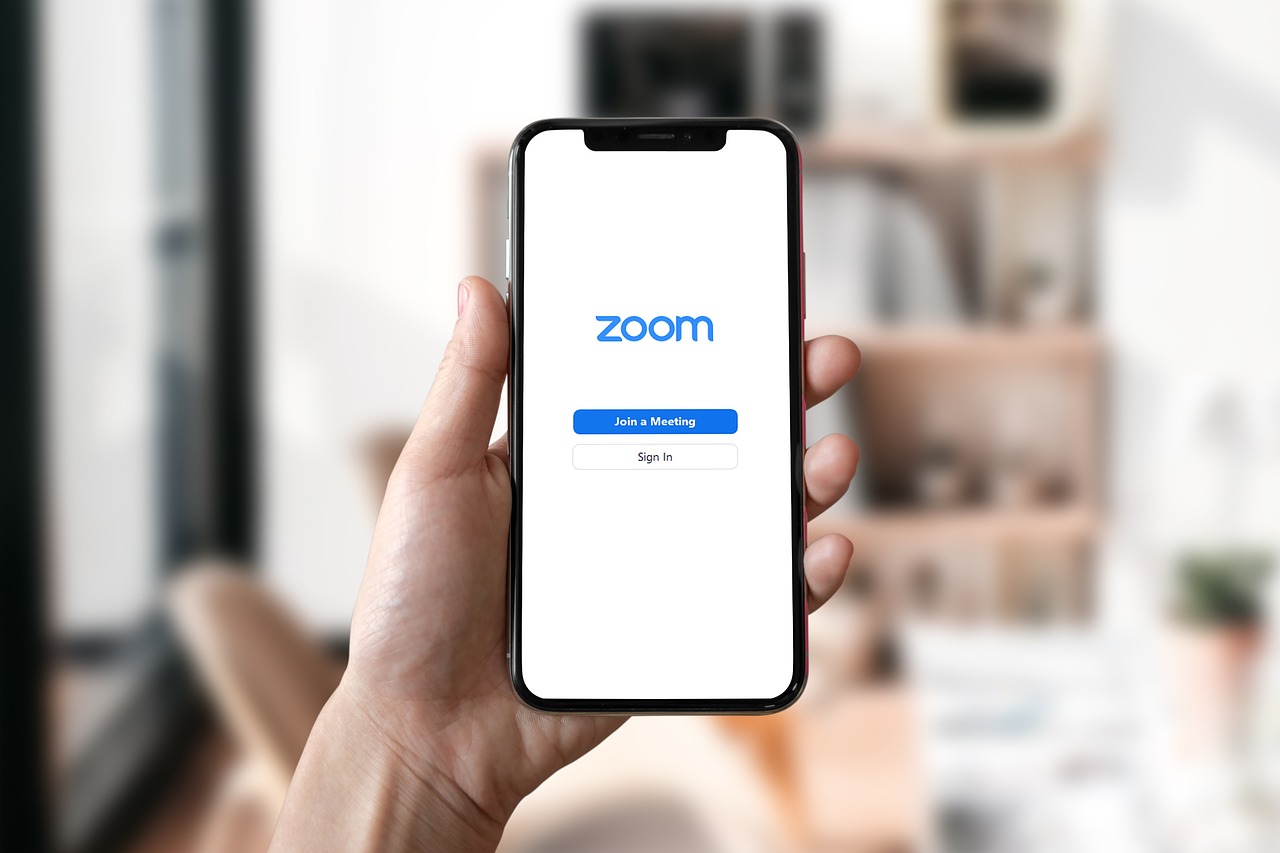 AI
AI
 AI
AI
 AI
AI
Zoom Video Communications Inc. today stated that it doesn’t train artificial intelligence models on users’ video, audio or chat messages unless it receives permission to do so.
The clarification came in response to media reports about a recently noticed change to the company’s terms of service. The change, which rolled out in March, gave Zoom permission to use certain information for AI training purposes without first securing users’ permission. That information doesn’t include video, audio or chat messages from videoconferences.
The relevant section of Zoom’s terms of service gives the company permission to input so-called “Service Generated Data” into its AI models. Smita Hashim, the company’s chief product officer, explained in a blog post today that this Service Generated Data includes “telemetry, diagnostic data, etc.” Many tech firms collect such information to inform their product development efforts.
“We wanted to be transparent that we consider this to be our data so that we can use service generated data to make the user experience better for everyone on our platform,” Hashim wrote today. “For example, it is helpful to know generally what time of day in a particular region we have heavy usage so we can better balance loads in our data centers and provide better video quality for all of our users.”
In the blog post, Hashim goes on to discuss two AI features that Zoom offers as part of its platform. Those features are known as Zoom IQ Meeting Summary and Zoom IQ Team Chat Compose. They’re designed to help users more quickly create meeting summaries and chat messages.
Hashim detailed that Zoom can use “customer content” from videoconferences to improve the two AI features. However, she stressed that the company only collects this content if customers give it permission to do so. Moreover, users who opted into data collection when they enabled the two AI features can opt out later.
Zoom IQ Meeting Summary is powered by the company’s internal large language models. The Zoom IQ Team Chat Compose, meanwhile, runs on technology from OpenAI LP. Hashim wrote that even if customers opt into data collection, their meeting content “will not be used for training of any third-party models.”
Zoom today also addressed a section of its terms of service that pertains to user content licensing. That section was likewise updated recently.
The updated terms give Zoom a license to use customers’ content for the purpose of delivering certain features. Those features include, among other things, a tool Zoom provides for streaming videoconferences to YouTube. “Our intention was to make sure that if we provided value-added services (such as a meeting recording), we would have the ability to do so without questions of usage rights,” Hashim explained.
Support our mission to keep content open and free by engaging with theCUBE community. Join theCUBE’s Alumni Trust Network, where technology leaders connect, share intelligence and create opportunities.
Founded by tech visionaries John Furrier and Dave Vellante, SiliconANGLE Media has built a dynamic ecosystem of industry-leading digital media brands that reach 15+ million elite tech professionals. Our new proprietary theCUBE AI Video Cloud is breaking ground in audience interaction, leveraging theCUBEai.com neural network to help technology companies make data-driven decisions and stay at the forefront of industry conversations.